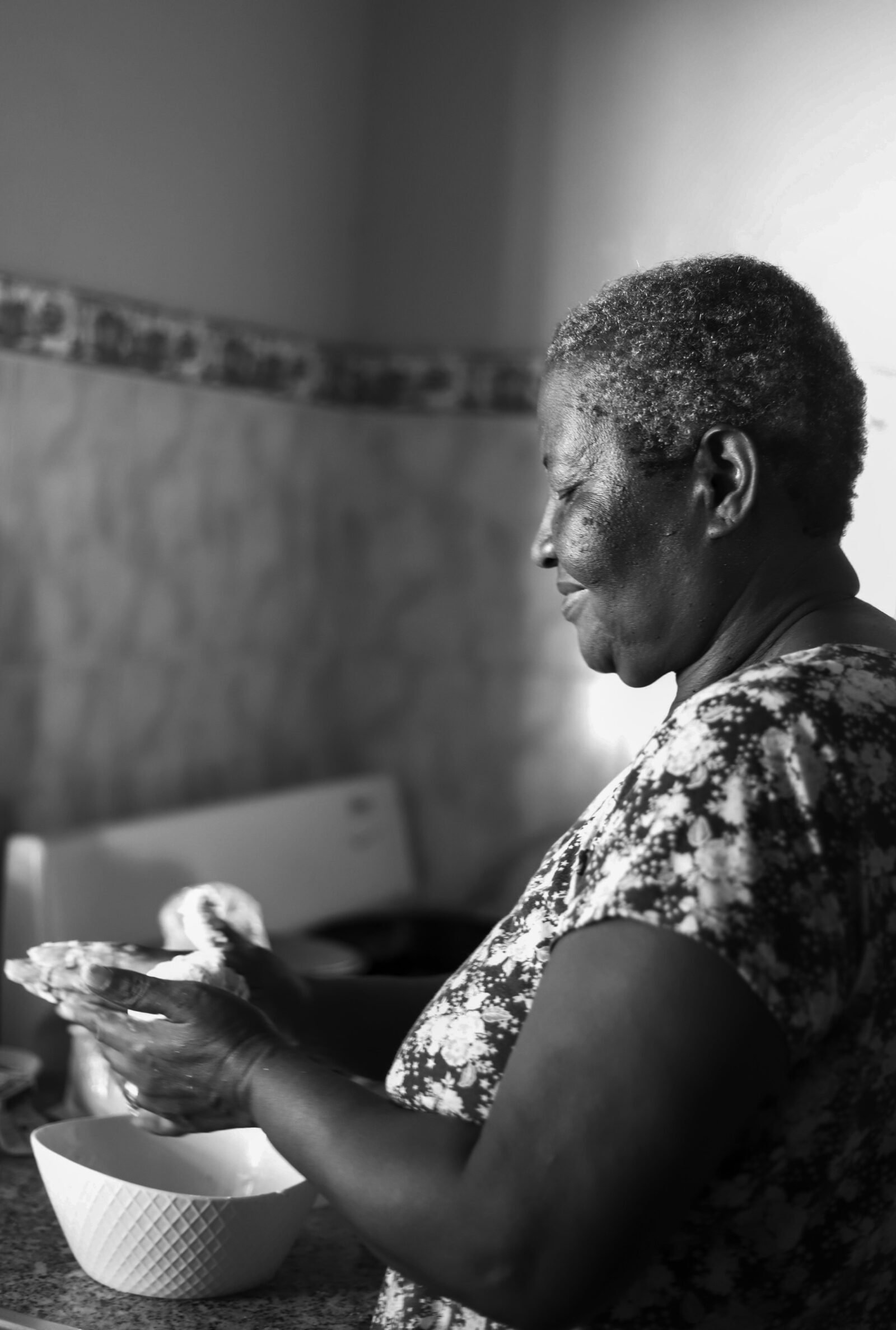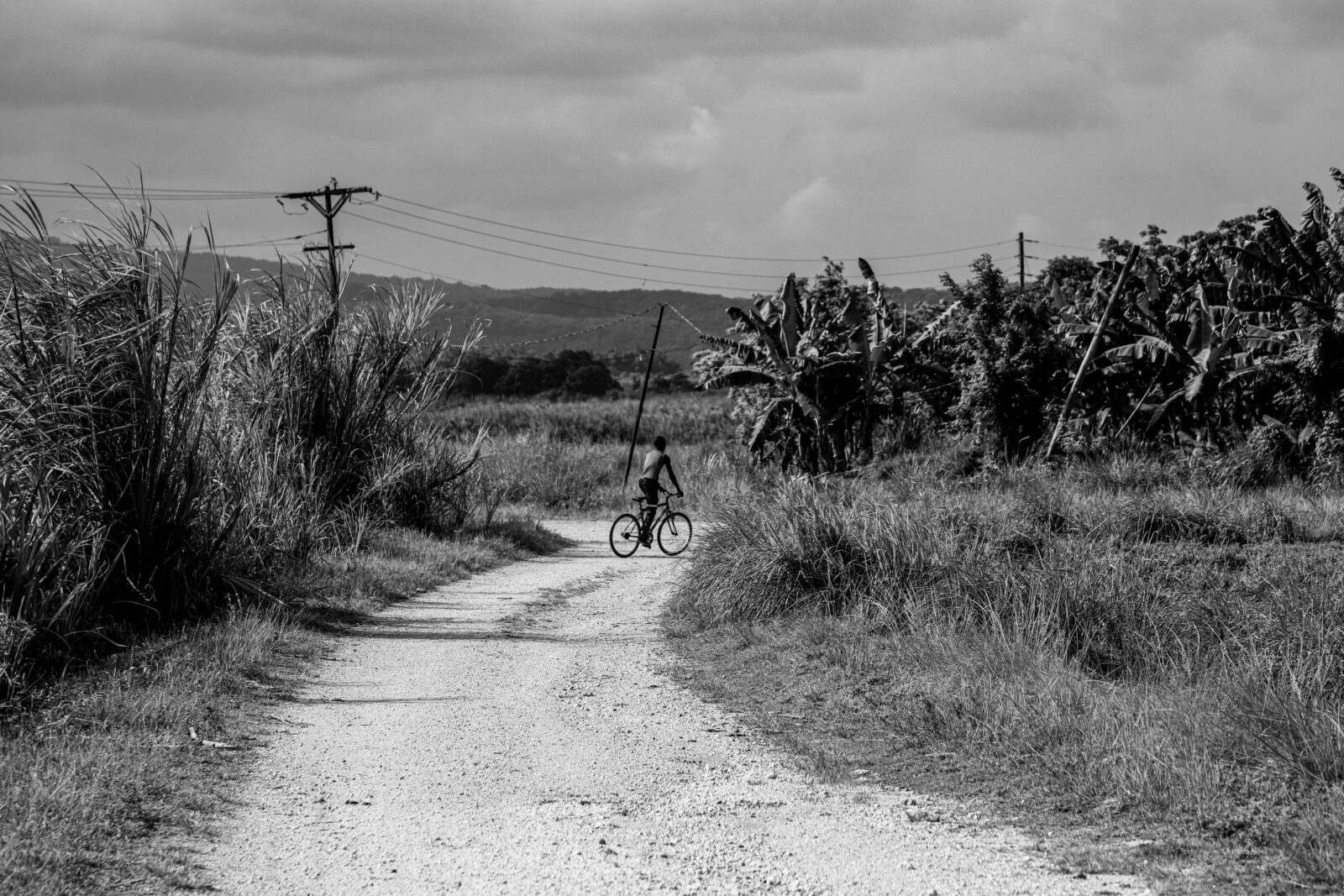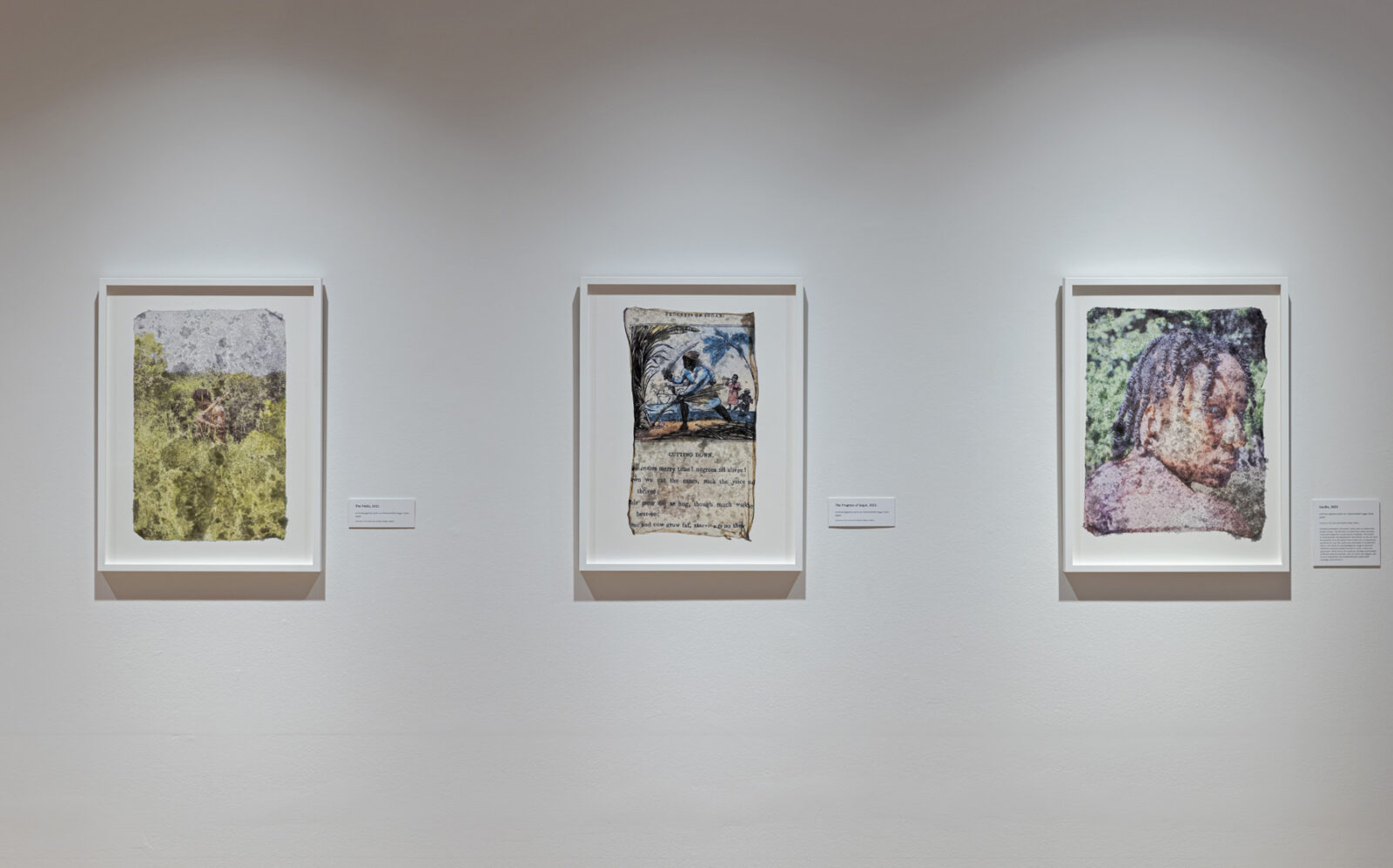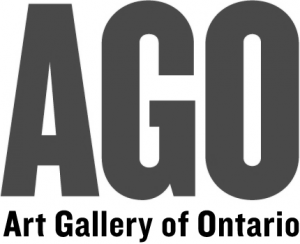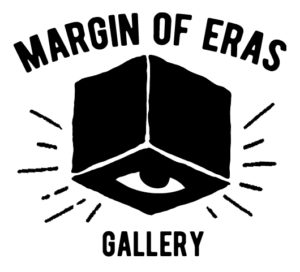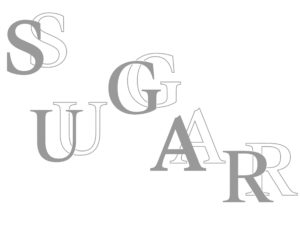Partners in Art is proud to support The Robert McLaughlin Gallery (RMG) project Christina Leslie’s Likkle Acts taking place from November 23, 2024 to April 13, 2025, with programming throughout. This project features Christina Leslie’s photography, as curated by Hannah Keating.
Likkle Acts brings together four series of photographs by Pickering-based artist Christina Leslie. Set in Jamaica, each body of work explores both her familial relationships and the complex history of the Caribbean. Delving into themes of memory, migration, and the sugar industry, Leslie adopts a variety of photographic processes to convey how she views the past and present as interconnected and multifaceted. Framing the exhibition, the Patois title references an African proverb made popular by Bob Marley’s song Small Axe: “If you are the big tree / We are the small axe.” This cumulative power of small gestures is conveyed throughout the exhibition, showing that when small actions are multiplied, they can have a meaningful impact.
In Morant Bay (2018) and St. Thomas, JA (2024), Leslie illustrates how belonging is built and maintained in everyday life through small acts of care, work, and communal rest. Alongside portraits and informal encounters, Leslie captures streetscapes and landscapes in a documentary style. These bodies of work reflect the artist’s impulse to maintain and deepen a connection to place through photography. Distinct from the documentary style of these series, Pinhole Parish (2023-2024) represents the artist’s personal reckoning with memory and the rupture of migration. Constructed using improvised pinhole camera lenses from materials at hand, the soft-hued images are dreamy and out of focus, visualizing the influence of intergenerational storytelling and an intangible veil between the past and present.
Adopting a wider perspective, Sugar Coat (2021-2024) considers how collective memory is shaped by presence and absence in historical records and public spaces. Drawing from research on the transatlantic slave trade and the history of the sugar industry, this series presents narrative images that have been painstakingly encased in sugar. In this work, Leslie highlights resistance to colonial oppression, pointing to acts of rebellion big and small.
